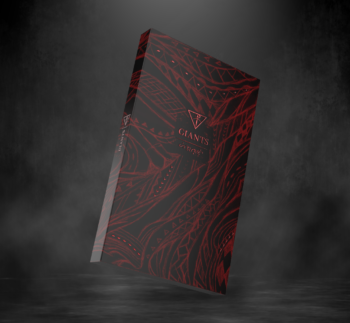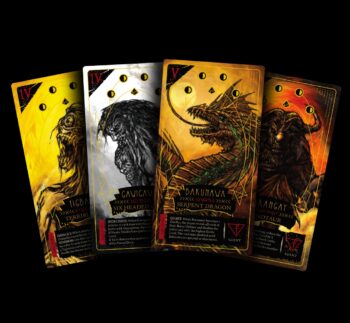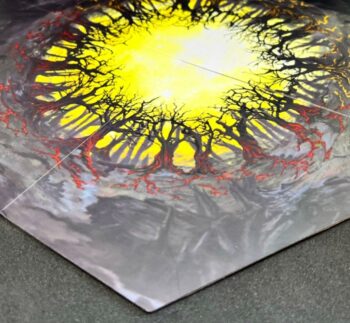The Asog and Bayok twin card is the first of its kind. They are believed to be the first Filipino shamans and are named Babaylans. They are recognized as priestess of Baryos that have healing powers and can meditate and travel to the spirit world.

Product Information:
- Card size: 70 x 130mm
- Paper Stock: 700gsm
- With foil stamping and UV spot
- New powerful card abilities
Currently available to Philippine customers only






